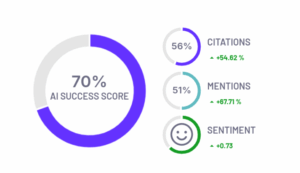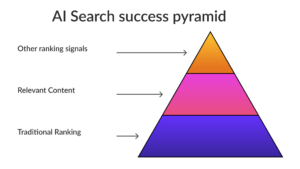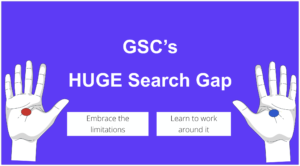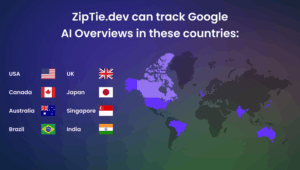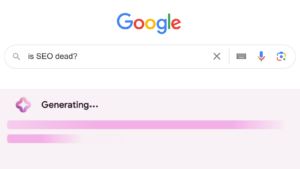Perplexity is a rather new AI-powered search engine valued at $1 billion, combining elements of Google and ChatGPT.
After using it extensively for 30 days, I want to share my insights on its effectiveness and potential impact on the search industry.
Perplexity = mix of Google and chatGPT
Perplexity is a unique blend of Google and ChatGPT.
While both tools (Perplexity and chatGPT) serve the purpose of providing information, they operate differently.
ChatGPT primarily relies on pre-trained data that isn’t frequently updated, which can lead to outdated or less relevant answers.
In contrast, Perplexity utilizes real-time web browsing to deliver current information, making it a powerful tool for users seeking up-to-date answers.
Let’s move to discuss my experience.
Correcting a CV
One of the first instances where Perplexity showcased its capabilities was when I helped a friend optimize her CV for job applications.
She was considering a significant career shift and needed tailored versions for five different industries.
My recommendation was to craft distinct CVs for each sector.
We decided to rewrite her CV using both ChatGPT and Perplexity.
To my surprise, Perplexity provided more insightful suggestions. While some human editing was necessary, the initial drafts from Perplexity made the process much smoother and more efficient.
I was thinking about why Perplexity performed better – my idea is that Perplexity was looking for online sources on how to write a good CV, and did a more efficient use of my input of sample job ads.
Planning a trip
During my annual leave, I decided to explore the Alps by car, seeking scenic routes through high alpine mountain passes.
I started to research the best spots to visit but soon realized that I could leverage Perplexity for assistance.
I gave it a try, and it did not disappoint!
Here’s a Perplexity output:
Finding unbiased reviews
Last month, I was in the process of changing web hosting services and began researching options on Google.
However, I quickly noticed that many of the top-ranking pages were biased towards Hostinger.
In contrast, when I turned to Perplexity with queries like “Hostinger vs Nexcess,” I received results that seemed much less biased towards affiliated sources — at least compared to what I found on Google.
The speed at which I received these unbiased insights was impressive; it took me less than a minute to prepare the prompt and read the summary, compared to the 10-30 minutes I would have spent sifting through Google search results.
Finding information quickly
As I prepared to launch my GSC Mastery Course on WordPress, I faced challenges navigating the platform’s settings related to emails, taxes, and invoices. Since I don’t use WordPress daily, finding specific information felt like searching for a needle in a haystack.
I turned to Perplexity. Within a minute, I had the precise information I needed—something that would have taken significantly longer through traditional searches.
Hallucinations
One notable limitation of AI tools like Perplexity is their tendency to “hallucinate” or produce inaccurate information.
For example, when I asked for a scenic route from Romania to Sofia in Bulgaria, Perplexity suggested an itinerary in Albania that would have quadrupled my travel time!
Just to let you know: Albania does not share a border with Romania or Bulgaria.
It’s worth noting that such inaccuracies are common across many AI platforms and Perplexity is not an exception.
Is Perplexity the new Google?
This brings us to a provocative question: Is Perplexity the new Google? While this headline might seem catchy or exaggerated, it reflects an ongoing discussion in tech circles.
From my perspective:
- User Adaptation: People are learning how to interact with AI tools like ChatGPT effectively. This allows them not only to receive quick answers but also engage in conversational searches.
- Convenience: The convenience of getting synthesized answers quickly is appealing and could shift user preferences away from traditional search engines.
- Industry Evolution: Google must adapt to these changing expectations for more conversational and efficient search experiences.
In conclusion, my month-long experience with Perplexity has been enlightening. It offers unique advantages over traditional search engines by providing real-time information and a more conversational interface.
It will be extremely fascinating for me to see what established players like Google do in response to this.


